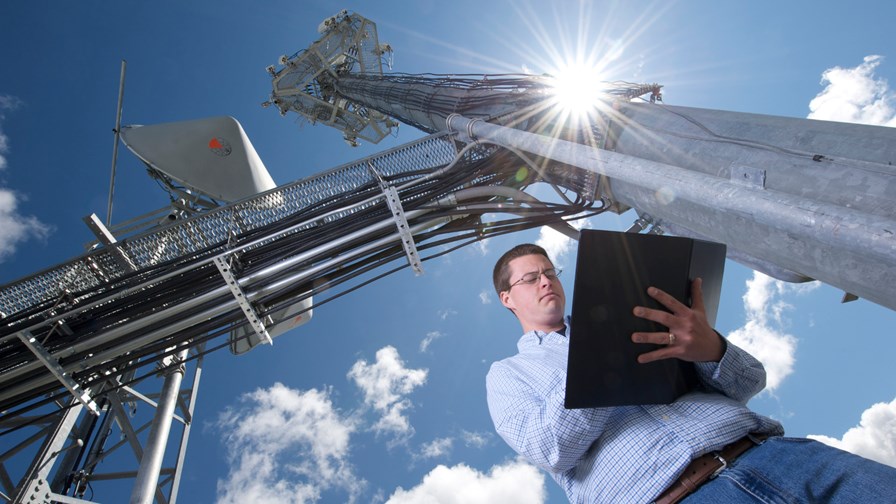
© Flickr/cc-licence/Idaho National Laboratory
- New analysis conducted by Accenture, commissioned by the US CTIA
- CTIA wants to modernizing rules around 5G small cells
- Claims it could unlock additional $100bn in economic growth
- US government needs to streamline infrastructure deployment
The US wireless industry is doing everything it can to ensure it maximises the benefits of 5G, and that includes using the anticipated new service capabilities as leverage for its ongoing campaign to reduce the planning rules and legislation surround cell sites. It has long called for all levels of US government to streamline infrastructure deployment, and be more lenient and understanding of telcos’ request to blanket the country with new towers, masts and cells. Last year, a CTIA study calculated that 5G would provide a $500 billion boost to US GDP and create 3 million new jobs.
Picking up on the need to have far, far more small cells in operation to support 5G coverage (300,000 in the next three to four years it claims), the CTIA commissioned Accenture to undertake an economic study. It found that reducing current timelines for 5G wireless infrastructure deployments by 12 months would unlock an additional $100 billion to the US economy. This streamlining of federal, state and local infrastructure rules for small cells includes updating the requirements for small cell deployments in rights-of-way and creating “reasonable fee structures” for small cells.
Key quotes:
- “Modernizing outdated infrastructure rules is key to the US winning the global race to 5G and unlocking the benefits that will come from the next generation of wireless,” said Meredith Attwell Baker, CTIA President and CEO.
- “The deployment of small cells will lay the foundation for ‘smart cities’ and more innovative services, which will help strengthen the economy and ultimately improve the way we live our lives,” said Tejas Rao, managing director and global 5G offering lead for Accenture’s network practice.
- “The economic benefit we isolated can only be achieved with robust mobile ecosystems that quickly usher in the age of 5G,” said Sanjay Dhar, managing director, Accenture Strategy, Communications, Media & Technology.
Original Press Release:
The Future of the Wireless Industry
History has proven that the deployment and adoption of next- generation wireless technology and supportinginfrastructure spurs economic growth through job creation. With deployment of fifth-generation (5G) wireless technology, the connectivity and computing capacity unleashed will drive new economic growth through innovative wireless use cases.
A recent study by Accenture Strategy found that wireless providers will invest approximately $275B in U.S. infrastructure over the next few years, which could create up to 3M jobs and boost annual GDP by $500B.
Unlocking the full potential of 5G depends on two key actions: spectrum availability and modernization of infrastructure guidelines. Effective execution of both of these actions results in significant benefits. In fact, Accenture Strategy estimates that accelerating infrastructure deployment by one year could drive an additional $100B in economic impact in the next three years.
Email Newsletters
Sign up to receive TelecomTV's top news and videos, plus exclusive subscriber-only content direct to your inbox.




